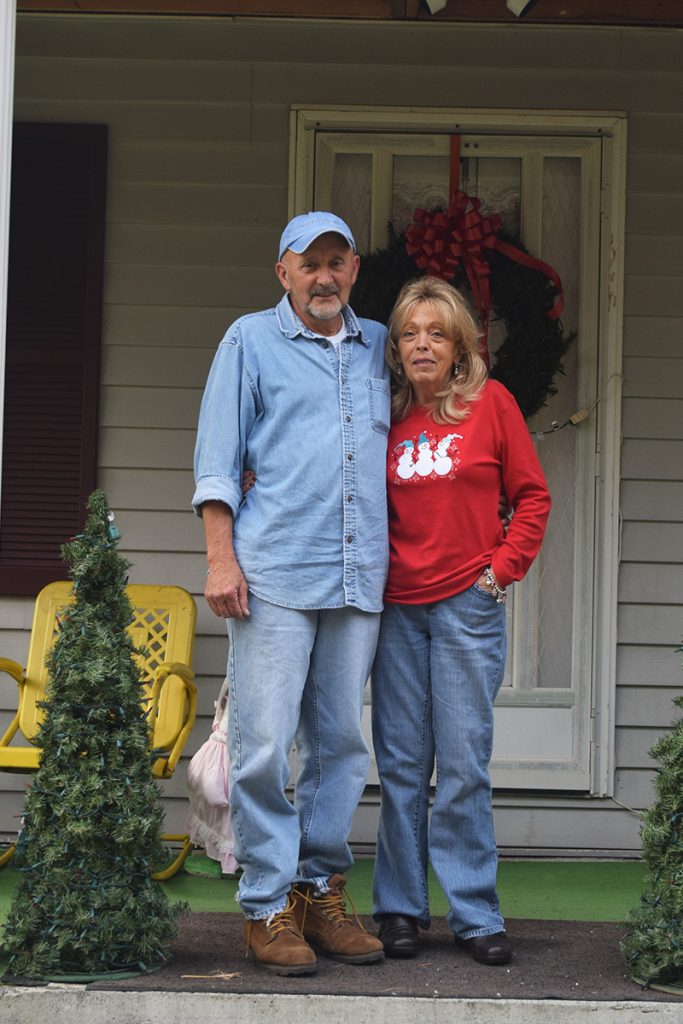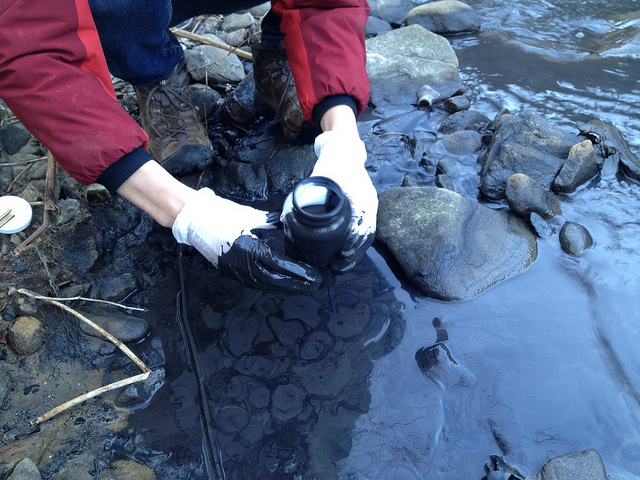Written by Molly Moore
Molly Moore
Molly is passionate about sharing the environmental and cultural stories of our region. She has worked with Appalachian Voices since 2011 and currently serves as AV's Director of Program Communications and Editor of The Appalachian Voice publication.
New Park, Scenic Loop Passed by Virginia Legislature
The Virginia legislature passed funding for a Clinch River State Park and designated a new scenic drive loop for the area in an effort to celebrate the natural beauty of the state’s southwest region.
Homeowners near mine struggle with blasting damage
From The Appalachian Voice: Karen and Jerry Kirk live in a home that they believe was damaged during blasting for a nearby surface coal mine. Despite years of frustration, they have been unable to get compensation for the damage to their property.
Meet The Elusive American Woodcock
Characterized by a long bill, short and stout stature, extravagant mating display and a nickname like timberdoodle, the American Woodcock would seem to be a bird that stands out. But that is not the case.
Environmental Votetracker – Feb/March 2016
See how Appalachian congressional representatives voted on several environmental issues in December 2015 and January 2016.
Appalachia’s Environmental Votetracker – Dec. 2015/Jan. 2016
See how Appalachian congressional representatives voted on several environmental issues during fall 2015.
Appalachia’s Environmental Votetracker: Oct-Nov 2015
See how Appalachian congressional representatives voted on several environmental issues during late summer 2015.
Member Spotlight: Pallavi Podapati
Appalachian Voices board member and native of Hazard, Ky., Pallavi Podapati is currently researching coal miner health policies in Wales to analyze the differences between policies in the United States and abroad.
Clean Water Laws Wrestle With Coal
From The Appalachian Voice: America’s environmental regulations have hampered the coal industry to varying degrees for decades, and though those rules can protect communities from pollution, the law alone is often not able to secure clean water. Here are some of the trouble spots.





